The digital marketing landscape is constantly changing. To help you stay ahead of the curve, below we outline the 10 best digital marketing trends 2020.
If you’re out-of-date with your digital marketing trends, you’re limiting your brand in both reach and repetition. You may be blissfully unaware of new marketing trends, but your target customers—and your competitors—are not. That’s why we curated the list of digital marketing trends below for you.

In 2020, we’ll see new marketing trends alongside some older, ongoing trends that are still effective:
- Chatbots—personal assistance without the personnel; 2020 tech breathes new “life” into chatbots, making them more convincing — and popular — than years past.
- Voice searches—as more people use digital assistants like Alexa or Siri, SEO leans further towards voice searches, with keywords based on how people talk, not type.
- Video marketing—with hosting videos becoming easier and easier, each year sees more successful and ambitious branded videos online (including vlogs, #9 below).
With those existing trends in mind, here are the new digital marketing trends 2020.
1. Shoppable posts (social commerce)
—
For the longest time, businesses were wondering how to get their social media followers to visit their online stores. Now, they no longer need to.

Social commerce refers to buying products directly through social media posts or ads—you don’t need to leave the site or app. These shoppable social media posts aren’t exactly new per se, but since Instagram Checkout launched in 2019, they’re rapidly getting more and more attention.
And why not? Shoppable social media posts just make sense. At least 54% of people on social media use it to research product purchases. The goal is to create less steps for your shoppers, not more, so selling directly on social media decreases the chances of sales abandonment.
You don’t even need to be an ecommerce brand. As long as you sell products, even just a few pieces of branding merchandise, you can see greater returns by allowing transactions through social media.
If you have a Shopify store, it’s as easy as linking accounts (for Instagram) or installing a plugin (for Snapchat). Otherwise, you may have to create stores in the right places, like Facebook, to qualify. You should also check out Pinterest—one of the first channels to offer shoppable posts.
2. Direct messaging
—
In a bid to get more personal with customers, brands are taking the conversation to DMs. As a means of streamlining customer service and assisting in sales, direct messaging is becoming one of the hottest digital marketing trends of 2020.
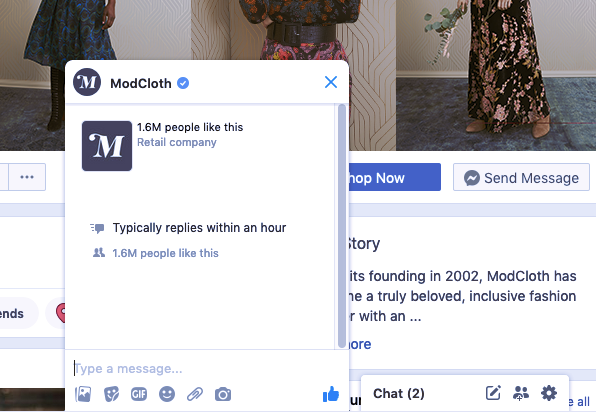
Through messaging apps like WhatsApp, Viber and Facebook Messenger, or through private messages on social media like Twitter or Instagram, brands are building stronger connections with their customers. These forums offer the convenience of text with the immediacy of a phone conversation, all in an environment the user is already familiar with from talking with friends.
Brands find DMing customers to be effective for forging relationships, whether addressing complaints, taking sales orders, or even just goofing around. The big stipulation here is the customer agreeing to it—a customer DMing you first is worlds apart from you DMing them first.
This technique works best when you encourage users to message you by providing your handle or username, and maybe incentivizing them with an exclusive deal or coupon code.
3. Micro-influencers
—
Influencer marketing has been a digital marketing trend for a few years now. It’s been so successful, though, that big-time influencers are now calling the shots. It’s not enough to send them a free sample in hopes they’ll review it—there’s payment tables and pricing lists. Social media “influence” is now a commodity, and an expensive one at that.
Rather than competing with global enterprises for the top-tier influencers, small- and medium-sized businesses are opting instead to work with small- and medium-sized influencers.

Micro-influencer is a term that we’re seeing more and more lately. It refers to the medium-sized influencers with narrower niches—popular enough to be influential, still in touch with their followers and not overloaded with sponsorship offers.
In addition to being more affordable, micro-influencers also often have a better engagement rate than the more popular influencers. Think about it; because they have less followers, they can dedicate more personal time to each one. Moreover, it’s easier to specialize in a niche with micro-influencers, as they often represent niches themselves.
A study from Adweek revealed just how effective micro-influencers are. Categorized as accounts with around 30,000 followers, micro-influencers had 60% higher engagement while being 6.7x more cost-effective than influencers with more followers.
4. Polished & interactive emails
—
Email still remains just as viable as ever—the ROI of email marketing as of February 2019 was 3,200%. However, other experts notice that the numbers are slowing or stagnating. Rather than abandoning this fruitful channel, digital marketers are reviving it with a new coat of paint.

Lately, we’re seeing a swift decline in plain-text emails and newsletters. In their place are gorgeous, pixel-perfect emails that look ripped from a web designer’s portfolio. Email marketing now and through 2020 utilizes emails that look and function like web pages—including clickable buttons and other interactions.
These highly polished designs do more than just impress, they improve conversions. Readers are more likely to click stylized buttons with accompanying images than they are plain-text links.
But nowadays even using webpage-based email templates isn’t enough; you have to go the extra mile with stunning visuals and UX-centric designs. Considering ROI mentioned above, it’s worth making sure your emails are as engaging and beautiful as possible.
5. Sentiment analysis
—
Most of human communication is trying to figure out what the heck each other is thinking. And while hundreds of thousands of years of biological advancement haven’t aided us much in understanding each other, after just a few years of machine-learning technology and we’re already making progress.
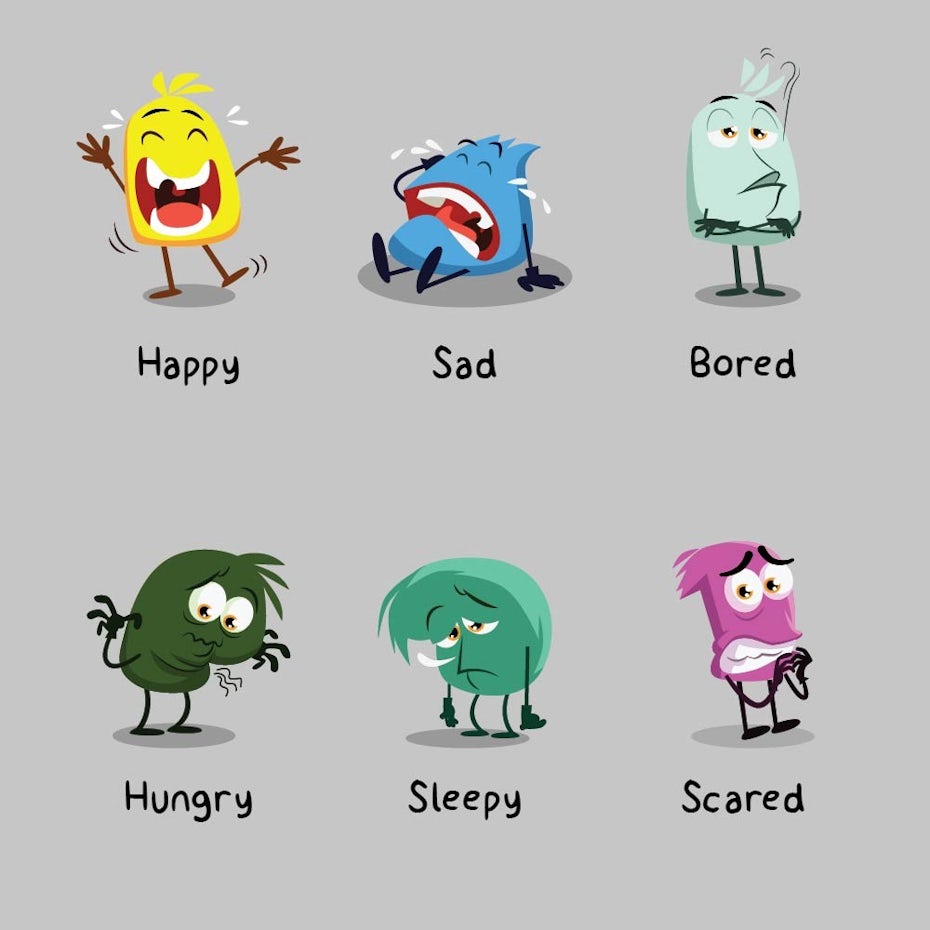
Sentiment analysis, or social listening, is the practice of analyzing the reactions of users and customers to a product or service, typically on social media or other places online. Online reviews and posts aren’t always a black-and-white “I like/dislike this.” There’s a big gray area with varying degrees in between. Maybe a user likes the product on a whole but one particular feature gets in the way. Maybe the product is fine just not what what they were expecting.
Sentiment analysis usually involves data-collecting tools and algorithms to scour online responses to your brand and evaluate them. Again, this isn’t a new digital marketing trend, but new technology is making it more popular than ever before. Advances in natural language processing let computers understand the meanings behind what humans say online, including slang and emoji.
Sentiment analysis tools like Critical Mention, Repustate or Lexalytics reveal what people really think about your brand. You can then use that data to fine-tune not just your products, but also your strategies for sales, marketing, social media and content.
6. Alternative and niche social media channels
—
Despite optimism over Facebook’s most recent earnings, the continual declines of both user growth and public opinion have shaken confidence in the platform’s dominance. Likewise, Twitter is seeing a similar plateau in growth, leading to a shift in power.
To be clear, both Twitter and Facebook will remain useful marketing tools throughout 2020 and beyond. But the exodus has already started.
Alternative social media channels are already seeing new interest and promising growth levels. If you can start developing your presence on these “secondary” sites now, it’s likely to pay off in a few years after they continue to rise.
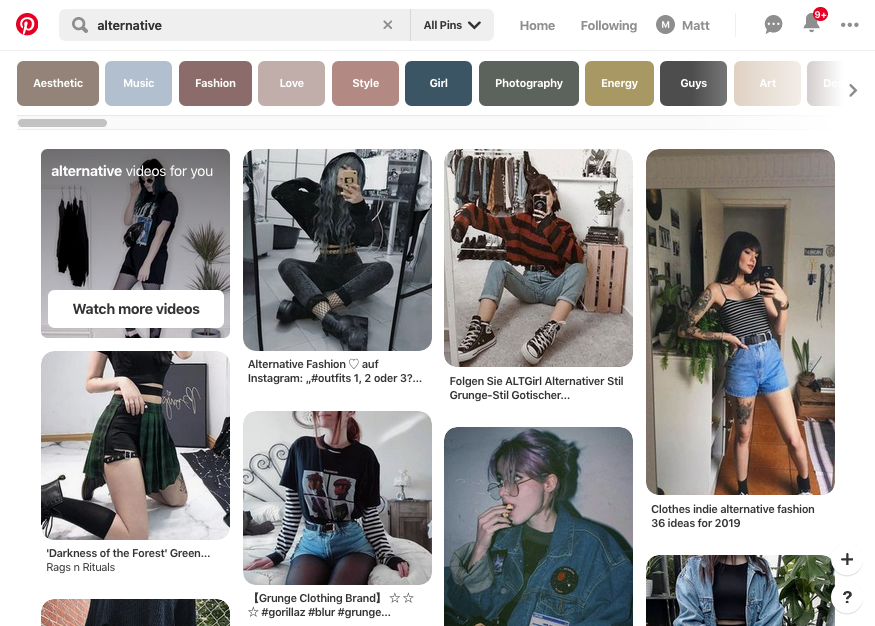
In particular, Snapchat, Pinterest, Medium and Reddit are becoming new favorites for marketers lately. Facebook has been bleeding young users for years, and brands targeting the under-30 market are flocking to youth-centric outlets.
New and smaller social media platforms may not have the reach of the giants, but that’s not a bad thing. If you’re a niche brand, more specialized platforms are better at reaching your target users. Check out these Facebook alternatives, broken up by industry or interest, so you can find the social media platform that’s perfect for your niche.
7. Programmatic advertising
—
Just like with sentiment analysis, don’t send a human to do a robot’s job. AI and machine-learning algorithms are designed to make your work easier, and that includes optimizing your online advertising campaigns.

Ad placement, media buying, performance tracking and customer targeting can all be handled by software. Not only do the results tend to be better, but “outsourcing” these tasks to a bot also frees up time in your schedule to handle more important tasks. It’s automation at its best.
Software like the Adobe Marketing Cloud or SmartyAds navigate the landscape of online advertising for you. Real-time bidding can be stressful and time-consuming, just like finding the right avenues to advertise on. Handing off these tasks to an automated system can be best for both you and your business.
8. Optimizing for featured snippets
—
One of the reasons digital marketing trends change so rapidly is because the platforms they depend on change rapidly. Just look at Google, which updates its search algorithm thousands of times a year…
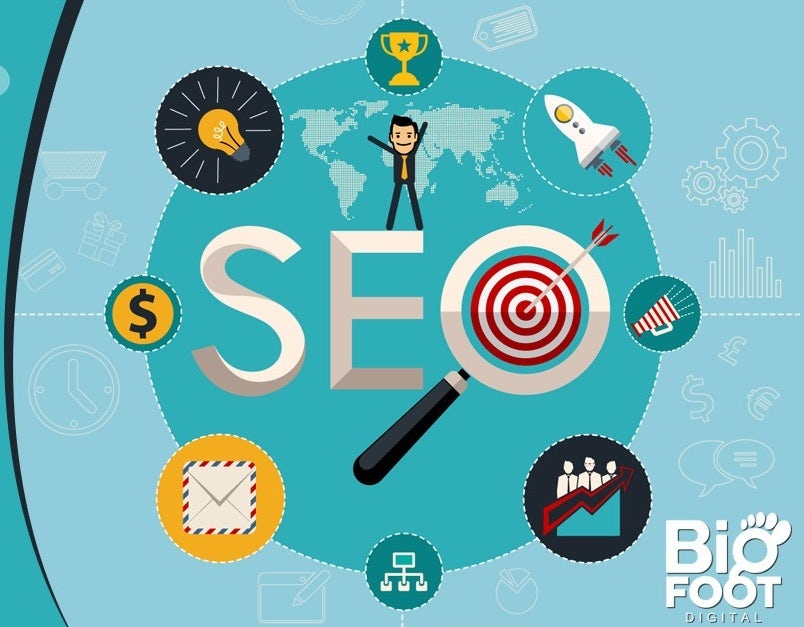
But as search engines evolve and become smarter, marketers need to adjust. More and more search queries have featured snippets, which enjoy a lot of real estate on the first page and get a lot more clicks than the other search results. That’s why it’s crucial to keep them in mind when creating digital marketing content and optimize each piece of content for featured snippets, using clear and well-structured content.
Google is trying to get better at delivering content to humans, so we need to take these changes into account and adjust our SEO techniques accordingly.
For marketers in 2020 it’s more important than ever before to create extremely high-quality content that covers topics throughly yet clearly and that is well-structured and easy to understand. We need to write for humans and for search engines alike, and make sure we don’t neglect one or the other.
9. Vlogging
—
Branded vlogs: a curse or a vlessing?
With the ongoing success of YouTube, Instagram Stories and Snapchat, video blogs are more popular than ever. As opposed to other video types like explainer videos or short films, vlogs are more personal and direct. Vloggers speak directly to the viewer (PewDiePie style), creating a more personal and direct connection—obviously a great boon to marketers trying to forge stronger relationships with their customers.
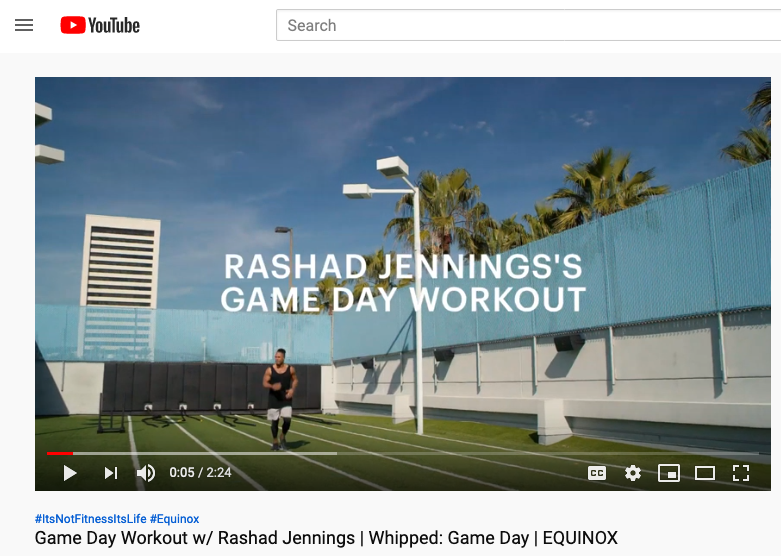
More than just complaining about how the barista screwed up your order, vlogs can also be practical and strategic. You can live-stream special events that not everyone has access to, like a business conference or a musical concert. You can also post other homegrown content your customers would want to see anyway, such as celebrity interviews or behind-the-scenes looks.
As video marketing continues to rise, we’ll likely see more subcategories like vlogs emerge. Learning to differentiate your video content now will help for accommodating future trends… maybe we’ll list those next year for our 2021 digital marketing trends.
10. Talking to Gen Z on their own terms
—
Last but not least, marketers in 2020 are welcoming the latest consumer group, Generation Z. Those born just after the turn of the century are now turning 18 and entering the workforce en masse. Some sources even claim Generation Z will make up 40% of all consumers in 2020.

Among other things, marketing to Gen Z means a sharp turn in how you stylize your content. The youngest market is also the quirkiest, with tastes that may seem weird if you’re used to marketing to Boomers or Generation X.
If Gen Z is one of your top markets, here’s a quick list of their general values to keep in mind:
- Authenticity—having grown up online in the era of misinformation, Gen Z are very sensitive to authenticity and can smell phonies a mile away—avoid overly promotional approaches and opt for transparency instead.
- Privacy—concerns about privacy rank highly among Gen Z, so respecting their data will earn you more than using it against them.
- Diversity—the most diverse generation yet appreciates that diversity reflected in the videos and images they see online.
- Sense of humor—Gen Z humor has been described as “absurdist” and other less-polite euphemisms, so if you personally don’t get it, hire someone who does.
Marketers note the similarities between Gen Z and Millennials, but as the Gen Z market matures over the next few years (in more ways than one), expect more divisive differences to emerge.
Ready for digital marketing in 2020?
—
The upcoming 2020 digital marketing trends are, paradoxically, both more human and more mechanical. It seems the general pull of digital marketing goes in the direction of more personal relationships with more targeted niches, but the means of making those connections rely on automation and new technology. The heart of digital marketing remains the same—getting people what they want, when and where they want it—and 2020 technology is just opening new doors to get there.
The post 10 top digital marketing trends for 2020 appeared first on 99designs.
10 top digital marketing trends for 2020 posted first on https://www.lilpackaging.com
No comments:
Post a Comment